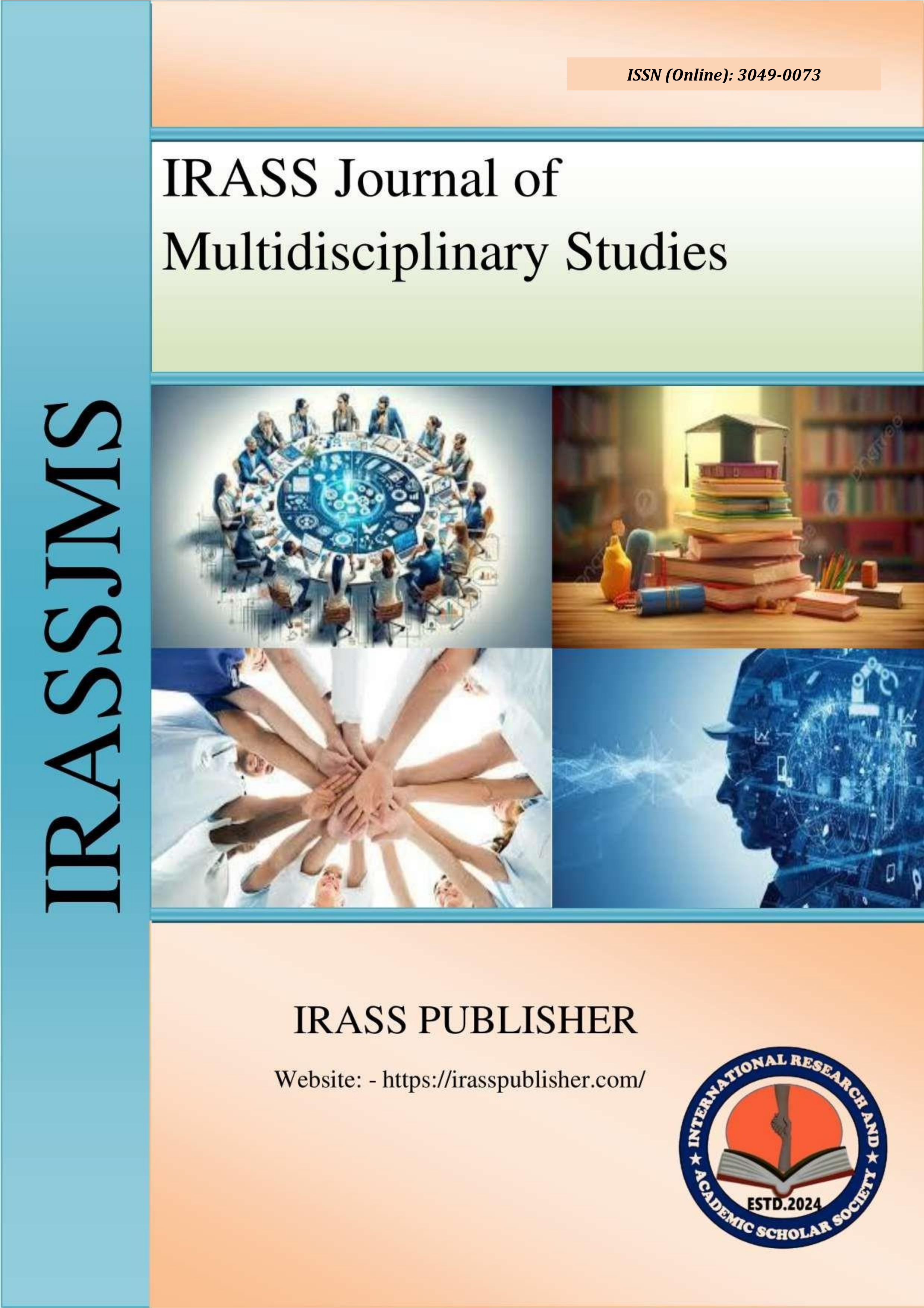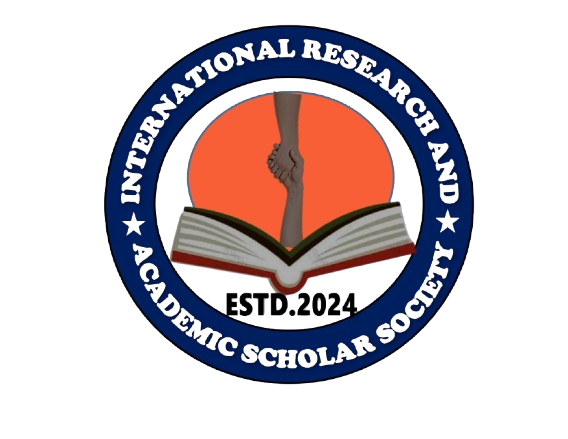ETHICS, RELIGIONS AND SUSTAINABLE DEVELOPMENT GOALS
Sr No:
Page No:
69-77
Language:
English
Authors:
Dr. John Motsamai Modise*
Received:
2025-06-03
Accepted:
2025-06-14
Published Date:
2025-06-17
GoogleScholar:
Click here
Abstract:
This research investigates the potential of ethics, religions, and the UN's Sustainable
Development Goals (SDGs) to work together in building a more sustainable future. The
alignment between core ethical principles, religious values, and the goals of sustainability.
Challenges in bridging the gap between belief and action on sustainability within religious
communities. Strategies for fostering interfaith collaboration and leveraging the social capital of
religious institutions for the SDGs. The role of ethical frameworks in guiding decision-making
related to complex and potentially conflicting SDGs. Ethics and religions offer powerful tools
for promoting sustainable practices, but challenges exist in translating beliefs into action.
Interfaith collaboration and ethical considerations can be crucial in achieving the SDGs. This
research proposes a multi-layered framework to analyze the interplay between ethics, religions,
and the SDGs. The framework considers core values, interpretations, behavioral mechanisms,
institutional structures, and the global context. Further research directions include literature
reviews, surveys, case studies, and interviews with religious leaders and ethicists. This research
can inform policymakers, religious leaders, and individuals on strategies for promoting
sustainability through ethics and religion. By bridging the gap between values and action, we can
create a more just and sustainable future for all. Academics and researchers in the fields of
religion, ethics, and sustainability. Policymakers working on the SDGs. Religious leaders and
ethicists. Individuals interested in the role of ethics and religion in creating a sustainable future.
Conclusion: Ethics, religions, and the SDGs hold immense potential for a sustainable future. By
overcoming challenges and leveraging their strengths, we can build a world where ethical
principles guide our actions and religious values inspire us to care for our planet and each other.
Ethics, religions, and sustainable development goals (SDGs) are all interconnected in the pursuit
of a better future for our planet and its people. Here's how: With a vast majority of the world's
population adhering to a faith [MDPI, Religion Matters], religious communities hold immense
social capital. Many religions emphasize stewardship of the Earth, compassion for all living
things, and social justice. These values align beautifully with the goals of the SDGs. Faith-based
organizations can be powerful agents for change, educating congregations and implementing
projects that address issues like poverty, hunger, and environmental protection. Ethical
frameworks derived from various philosophies can provide a foundation for decision-making
related to the SDGs. This ensures goals are pursued in a fair and just way. When faced with
difficult choices, ethical considerations help prioritize actions that maximize benefits for all,
especially the most vulnerable. Ethical considerations encourage us to think beyond immediate
gains and consider the long-term impact of our actions on future generations. Religions, with
their emphasis on community and collective action, can encourage a sense of shared
responsibility for achieving the SDGs. By integrating ethical and religious values, achieving the
SDGs becomes more than just reaching targets; it becomes a moral imperative. Interfaith
dialogue can foster understanding and collaboration between different groups, promoting
cooperation towards a sustainable future. There are, of course, potential challenges. Some
religious interpretations may not fully embrace environmental concerns, and ethical principles
can be interpreted differently across cultures. However, by fostering open communication and
collaboration, ethics, religions, and the SDGs can work together to create a more just and
sustainable world.
Keywords:
Sustainable development goals (SDGs), Ethics, Religion, Faith-based organizations (FBOs), Sustainability, Stewardship, Environmental justice, Intergenerational equity, Ethical decision-making,Values-action gap, Religious values and ecology.
Journal: IRASS Journal of Multidisciplinary Studies
ISSN(Online): 3049-0073
Publisher: IRASS Publisher
Frequency:
Monthly
Language:
English

